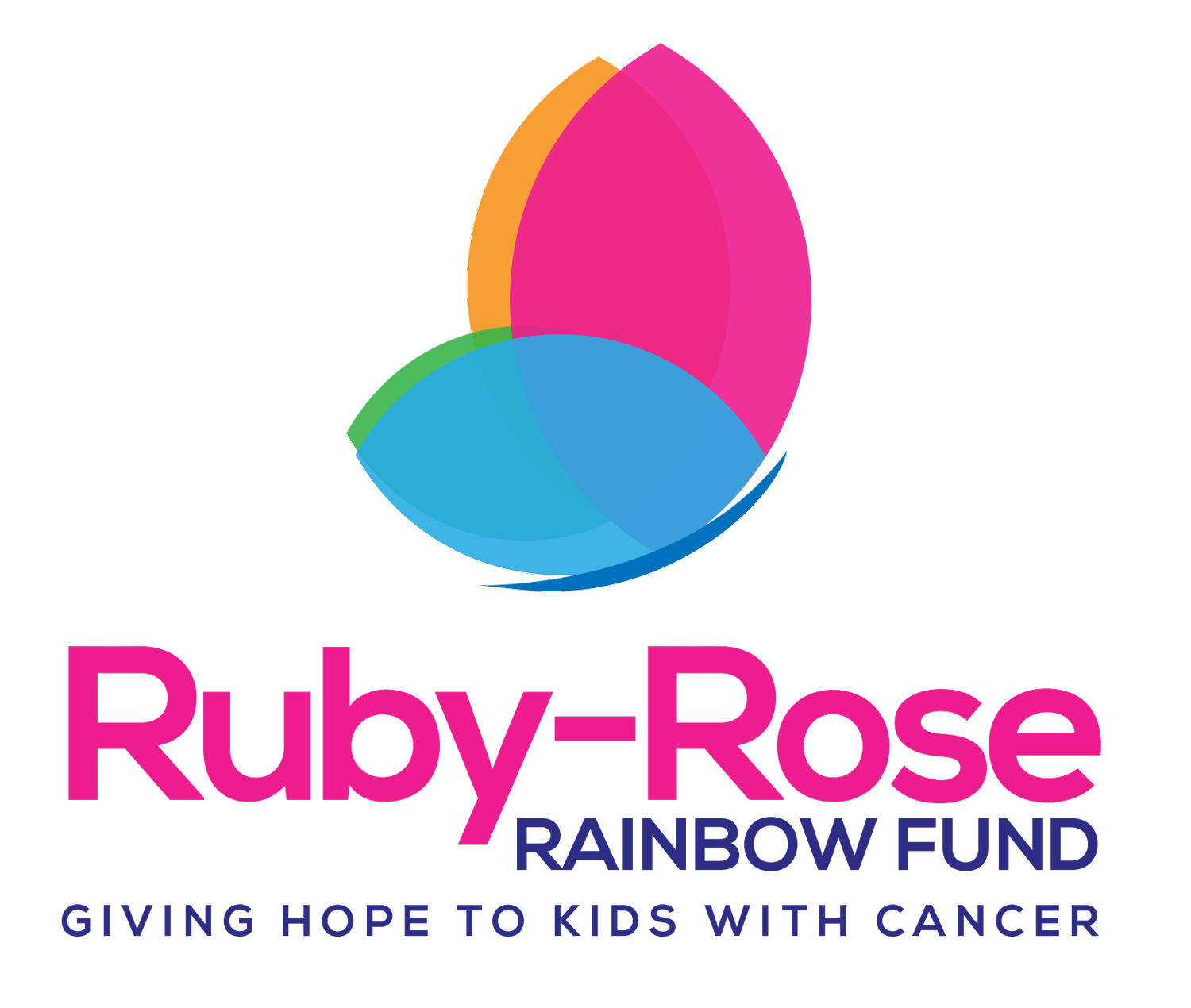Philly discovery for kids with leukaemia prepares to go global
Emma Collins is shown in the hospital in Canada before she received her life-saving treatment for leukaemia in Philadelphia. Courtesy of the Collins family.
Fifteen months ago, 15-year-old Emma Collins was dying of leukemia. With no other option, her parents took her from their home in rural Canada for a last-ditch experimental treatment at Children's Hospital of Philadelphia, a choice that families from Croatia and even beyond have made.
Now, Philadelphia researchers and Novartis have shown they can deliver the complex, personalized, bioengineered therapy that saved Emma's life to desperately ill children around the world, rather than requiring them to make the journey to Philadelphia.
Initial results from the first-ever international clinical trial of the T-cell treatment, presented recently at the American Society of Hematology meeting, put the pharmaceutical giant far ahead in the high-stakes race to market the first such immunotherapy. The company said it will file early next year for U.S. Food and Drug Administration approval of the pediatric leukemia therapy, and later in 2017 for European regulatory approval.
Twenty-five highly specialized medical centers in North America, Europe, Japan, and Australia are part of the ongoing trial. Of the first 50 children treated, 41, or 82 percent, had no signs of acute lymphoblastic leukemia three months later. At six months, 24 children remained cancer-free. Those results parallel the high rates of lasting remissions achieved over the last four years in nearly 150 children treated at CHOP.
The logistical feat of the global trial, in contrast, was unparalleled. Each child's T cells were collected at the participating hospital, frozen, and shipped to Novartis' new cellular manufacturing plant in Morris Plains, N.J. Once there, the cells were thawed, genetically manipulated and multiplied over three weeks, refrozen, and sent back to be thawed and given intravenously to the child. Only three patients' cells could not be grown, a 6 percent "manufacturing failure" rate that was lower than the researchers expected.
"We are certainly very proud of the achievement," said Samuele Butera, Novartis' global leader of cell and gene therapies. "Assuring supply in all these parts of the world was definitely a challenge."
CHOP pediatrician Stephan Grupp, who led the far-flung experiment, said the prospect of having the world's first approved T-cell immunotherapy "is the most exciting thing I’ve been involved with in my life as a scientist, and especially as a clinician."

